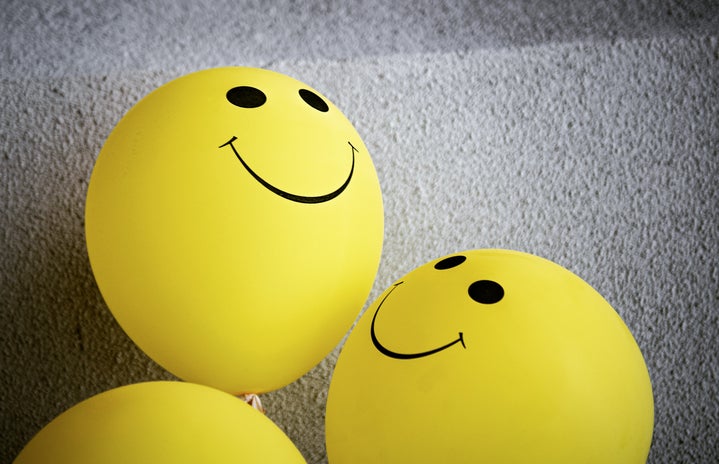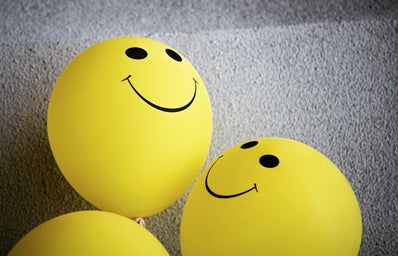Is it bad to be positive? In short, no. Being positive has been linked to increased life spans, lower rates of depression and general success in life. Yet, is it possible to have too much positivity? The answer to this is yes.
We always hear “look on the bright side” or “positive vibes only!” but in reality, it’s not as easy as that—and it gets old to hear sometimes. This feeling might come even without someone telling you to just be grateful for what you have. Going on social media can be a fun and entertaining way to unwind, but consuming luxurious lifestyles from celebrities and influencers or even your friend’s “positive and motivating” tweets can affect us—and the worst part is we might not even realize it! Even through the pandemic, when the world felt like it was ending, there were those who’s messages seemed crowded by all the anxiety surrounding the uncertainty of the coming months. These posts would come from celebrities in their multi-million dollar homes relaxing in their pools telling us to be positive and grateful or from people on twitter talking about hustling or about us falling behind while they rise to the top, but we can do what they are doing too… It is so easy to feel insecure after consuming these sorts of messages and even question why you feel like such sh*t after reading all of these “positive” and motivating messages.

It’s the culture of it that needs to change, not you being “negative”.
We are still living through a pandemic and have just recently gotten back to some semblance of a routine, but throughout quarantine rates of depression skyrocketed. People who never considered themselves depressed prior are now exhibiting signs of clinical depression. The U.S. Census Bureau even reported that nearly one-third of all Americans have shown signs of clinical depression and anxiety since the onset of the pandemic. On a smaller scale, looking at the types of posts that make you feel inferior is something that is not beneficial and worsening your condition. On a larger scale, the culture behind toxic positivity is something that needs to be changed. Normalizing emotions and not always pretending everything is always sunshine and roses is an important part of accepting yourself and finding a truly positive mindset that will work for you specifically. If you take anything away from this, it is not to be negative and wallow in your feelings, but that the culture of glamorizing one’s life is just that—a culture—emotions are something everyone has, and nothing is perfect for anyone.
Want to see more HCFSU? Be sure to like us on Facebook and follow us on Instagram, Twitter and Pinterest!



